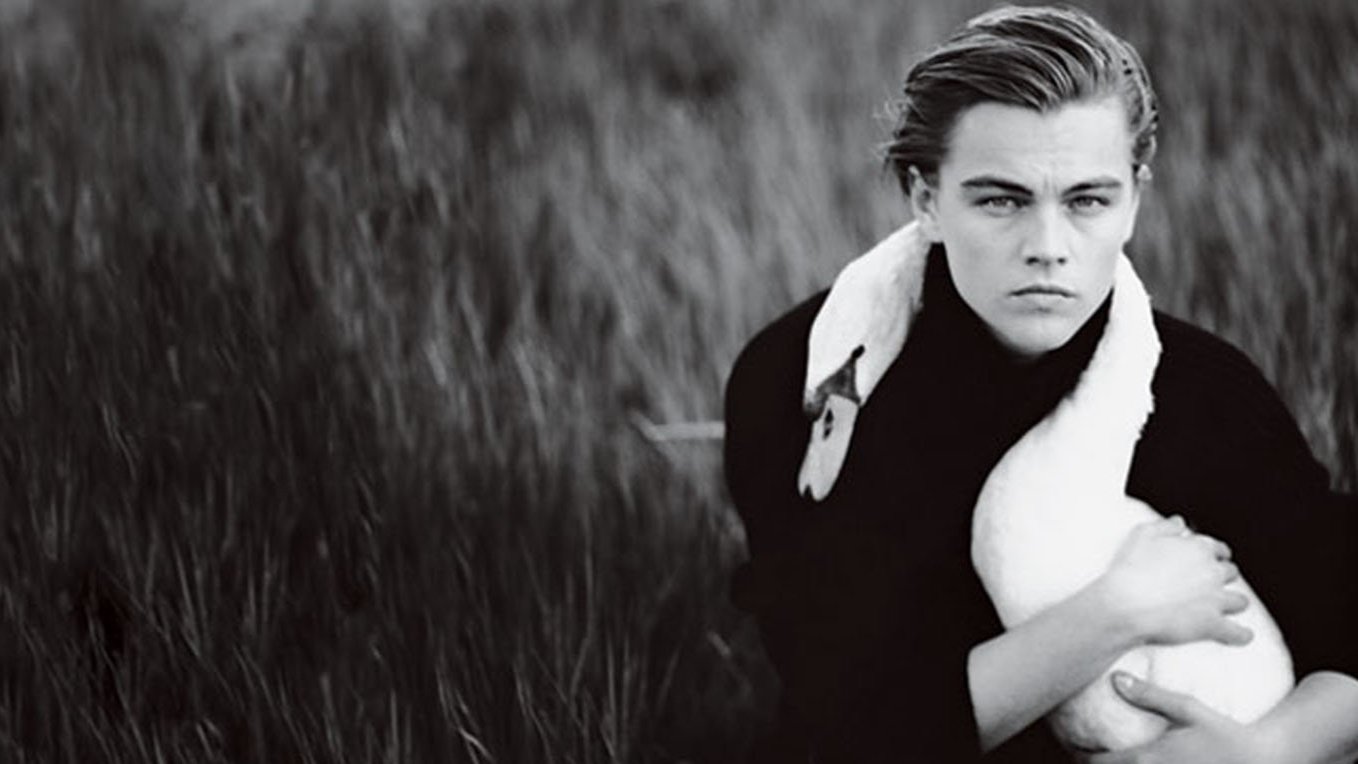Sports Photography: Capturing the Thrill of the Game
What is Sports photography? Sports photography is a dynamic genre that focuses on capturing athletes, teams, and the action of sporting events. From the grace of a balletic figure skater to the intense focus of a sprinter at the starting blocks, sports photographers are tasked with conveying the energy, emotion, and drama of competition. In this article, we'll delve into the history of sports photography, explore the different genres and techniques, discuss essential gear, recommend important photography books, and examine the legacy and influence of this exciting field.
Different Genres
While sports photography is often associated with traditional competitive events, it also encompasses various subgenres, such as:
Action Sports: This genre features adrenaline-fueled activities like skateboarding, surfing, and snowboarding, requiring photographers to be adept at capturing fast-paced movement.
Adventure Sports: In this category, photographers document extreme sports like rock climbing, mountain biking, and skydiving, often in challenging environments.
Motorsports: This subgenre focuses on capturing the high-octane world of car and motorcycle racing.
Team Sports: Photographers in this subgenre concentrate on capturing the camaraderie, strategy, and action of team sports like soccer, basketball, and football.
Individual Sports: This subgenre covers sports like tennis, golf, and track and field, where the focus is on the individual athlete's performance.
by Bob Martin
History
The history of sports photography dates back to the late 19th century, with the advent of new camera technology and faster film. Early sports photographers like Eadweard Muybridge used sequential photography to study the motion of humans and animals, paving the way for future sports photographers to capture athletes in action. As camera technology improved, photographers like Neil Leifer and Walter Iooss rose to prominence, immortalizing iconic sports moments in history.
Techniques
Sports photography demands technical proficiency, quick reflexes, and a keen eye for composition. Some essential techniques include:
Panning: This technique involves tracking the subject with the camera while using a slower shutter speed to create a sense of motion in the background.
Freezing Action: To capture fast-paced events, sports photographers often use a fast shutter speed to freeze the action, resulting in sharp, dynamic images.
Anticipation: By anticipating the action and positioning themselves strategically, photographers can capture decisive moments in sports.
Storytelling: A great sports photographer will tell a story through their images, capturing not only the action but also the emotions and atmosphere of an event.
Photography Gear
In sports photography, having the right gear is essential to capture high-quality images. Some recommended gear includes:
Camera Bodies: High-end DSLRs or mirrorless cameras, like the Canon EOS-1D X Mark III or the Sony a9 II, offer fast burst rates and superior autofocus capabilities, perfect for capturing fast-paced action.
Telephoto Lenses: A telephoto lens, such as the Canon EF 70-200mm f/2.8L or the Nikon AF-S 70-200mm f/2.8E, enables photographers to capture distant subjects with sharp detail.
Monopods: Using a monopod provides stability for heavy telephoto lenses and helps to reduce camera shake during long events.
Important Photography Books
A selection of noteworthy sports photography books includes:
"Sports Illustrated: The Sports Photography of Walter Iooss": This collection showcases the work of Walter Iooss, one of the most celebrated sports photographers in history, capturing iconic moments and portraits of legendary athletes.
"Moments: The Pulitzer Prize-Winning Photographs" by Hal Buell: This book features some of the most memorable sports images ever captured, including award-winning photographs from renowned photojournalists.
"Peter Read Miller on Sports Photography": In this book, Peter Read Miller, a veteran sports photographer with over 100 Sports Illustrated covers, shares insights and tips for aspiring sports photographers.
by Neil Leifer
Legacy and Influence
Sports photography has had a profound impact on both the world of photography and the world of sports. The work of photographers like Bob Martin and Simon Bruty has inspired countless others to pick up a camera and capture the thrill of sports. Their images have graced the covers of magazines, adorned the walls of sports fans, and even influenced the careers of athletes themselves.
Moreover, the genre has evolved to include innovative techniques and technology, such as remote cameras and drone photography, pushing the boundaries of what's possible in sports photography. The work of these talented photographers not only documents the history of sports but also serves as a testament to the power of photography to inspire and captivate.
Sports photography is an exciting and challenging genre that requires technical skill, artistic vision, and a deep understanding of the sports being photographed. From its early beginnings to its present-day prominence, sports photography has captured the hearts and minds of millions, immortalizing iconic moments and inspiring generations of photographers. Whether you're an aspiring sports photographer or a seasoned pro, there's always something new to learn and experience in this ever-evolving field.





















